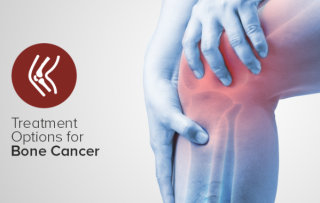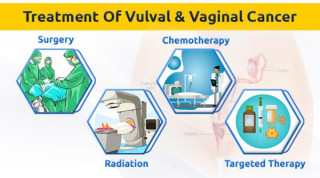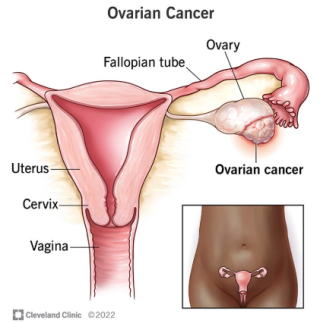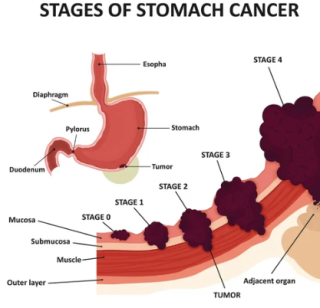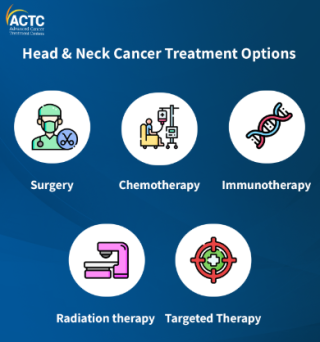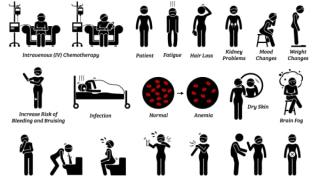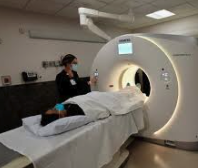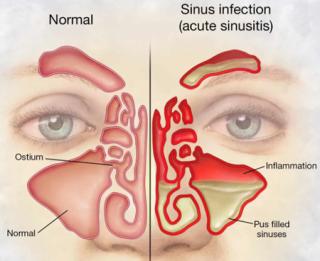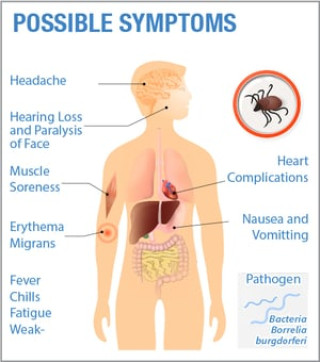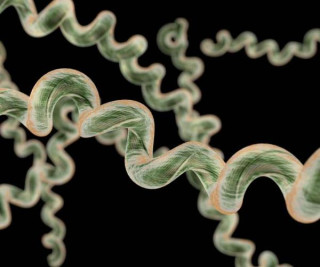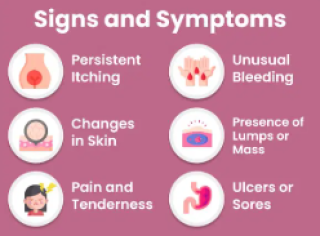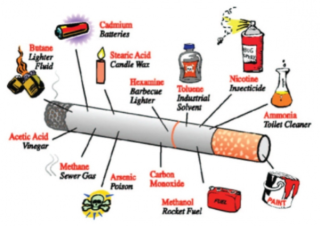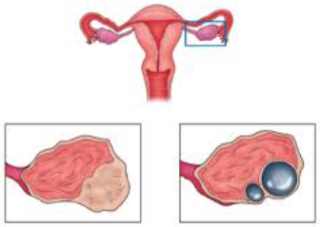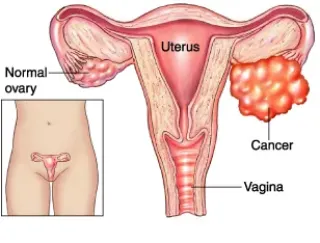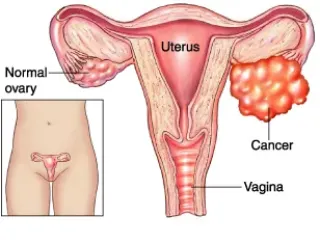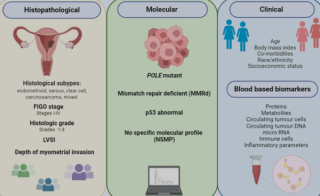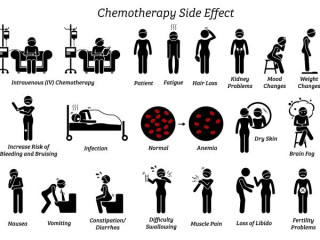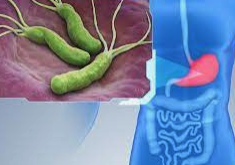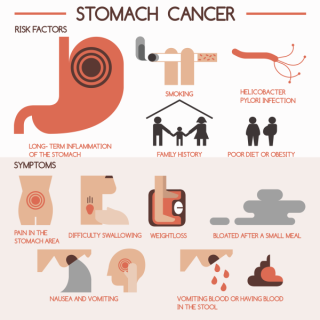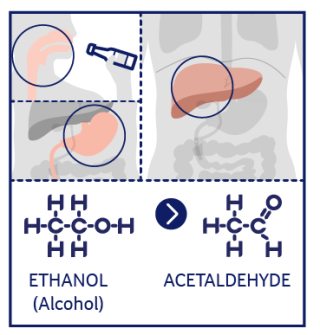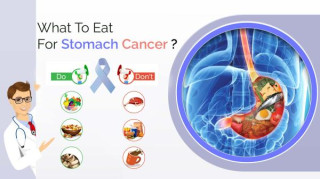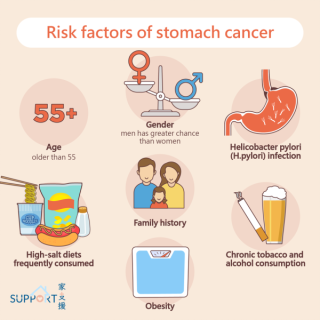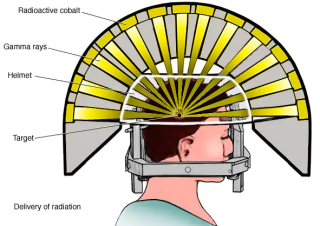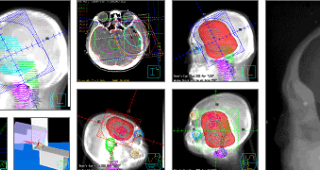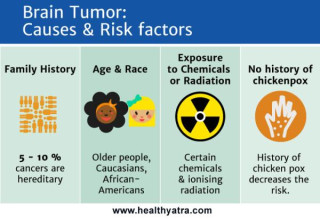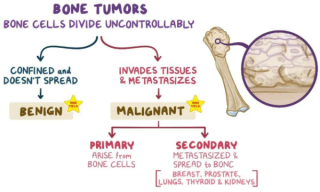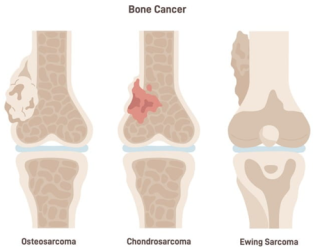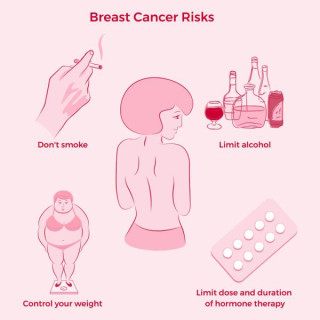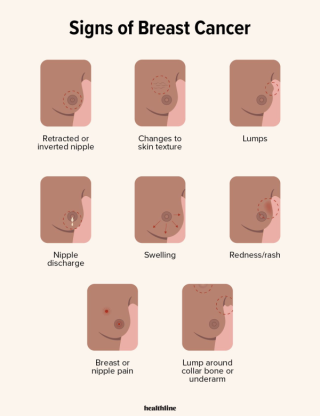How is Hodgkin's disease treated?created at May 22, 2009 1,402 1,402 Hodgkin's disease treatment depends on the stage and type of the disease, |
Exploring Treatment Options for Bone Cancer: A Comprehensive Guidecreated at May 03, 2009 1,567 1,567 Treatment for bone cancer depends on several factors including the type and location of the cancer, |
Exploring Three Vulvar Cancer Treatmentscreated at May 05, 2009 1,309 1,309 Three common treatments for vulvar cancer include surgery, |
Navigating Ovarian Cancer Treatment - Key Questions to Ask Your Doctorcreated at May 05, 2009 1,427 1,427 Ovarian cancer treatment depends on the stage, |
The basic information for Stomach cancercreated at May 03, 2009 1,393 1,393 Stomach cancer, |
Exploring Chemotherapy: A Powerful Weapon Against Cancercreated at May 04, 2009 1,362 1,362 Chemotherapy, |
Exploring Treatment Options Beyond Surgery for Head and Neck Cancerscreated at May 09, 2009 1,292 1,292 Treatment options for head and neck cancers beyond surgery include radiation therapy, |
Navigating the Side Effects of Cancer Treatmentcreated at May 04, 2009 1,539 1,539 Cancer treatment, |
Understanding Sinus Drainage: The Role of Ciliaupdated at Nov 08, 2025 1,433 1,433 Ciliary Action: The Body's Microscopic Conveyor BeltTiny, |
Demystifying Sinusitis Diagnosis: Insights into the Processupdated at Nov 08, 2025 1,595 1,595 Clinical EvaluationThe initial step in diagnosing sinusitis revolves around a comprehensive clinical evaluation.This includes a detailed discussion of your medical history, |
Exploring the Rise in Sinusitis: Understanding the Factors Behind the Increaseupdated at Nov 08, 2025 1,420 1,420 The Alarming Increase in Sinusitis CasesIn recent years, |
Unveiling the Culprits: Understanding the Causes of Sinusitisupdated at Oct 30, 2025 1,346 1,346 Sinusitis, |
Unraveling Borreliosis: Understanding the Disease Caused by Borrelia Bacteriaupdated at Nov 08, 2025 1,403 1,403 Borrelia BacteriaBorreliosis, |
Recognizing Lyme Disease Symptoms in Humans: A Comprehensive Guidecreated at May 06, 2009 1,572 1,572 Lyme disease, |
Decoding Lyme Disease Diagnosis: Unraveling the Mysteryupdated at Nov 08, 2025 1,579 1,579 The Diagnostic Dilemma of Lyme DiseaseDiagnosing Lyme disease is notoriously complex and frustrating, |
Are there Clinical Trials available for Vulvar Cancer?updated at Nov 09, 2025 1,465 1,465 Clinical trials for vulvar cancer exist, |
Will I be able to adjust to Valva Cancer well?created at May 05, 2009 1,413 1,413 Adjusting to a vulvar cancer diagnosis and treatment is a deeply personal journey, |
Side Effects of Vulvar Cancer Chemotherapyupdated at Nov 08, 2025 1,443 1,443 Chemotherapy for vulvar cancer can lead to a variety of side effects, |
Radiation Therapy Side Effects of Vulvar Cancerupdated at Nov 09, 2025 1,513 1,513 Understanding Side EffectsRadiation therapy is a common treatment for vulvar cancer, |
Side effects of Vulvar Cancer Surgeryupdated at Nov 11, 2025 1,618 1,618 Curative surgery for vulvar cancer, |
Understanding Vulvar Cancer Diagnosis: What to Expectcreated at May 05, 2009 1,337 1,337 Vulvar cancer is diagnosed through a combination of methods, |
Vulvar Intraepithelial Neoplasia as Risk Factors for Vulvar Cancerupdated at Nov 08, 2025 1,525 1,525 Vulvar intraepithelial neoplasia (VIN) represents the abnormal growth of cells within the vulvar epithelium.It's classified as a precancerous condition, |
Tobacco as risk factors for vulvar cancercreated at May 05, 2009 1,282 1,282 While not a direct cause, |
Understanding Age as a Risk Factor for Vulvar Cancerupdated at Nov 09, 2025 1,284 1,284 Age is a critical factor in assessing the risk of developing vulvar cancer.Data consistently shows a strong relationship between age and the likelihood of a vulvar cancer diagnosis. Age and Vulvar Cancer IncidenceApproximately three-quarters of women diagn... |
Side effects of Chemotheray for Ovarian Cancerupdated at Nov 09, 2025 1,258 1,258 Chemotherapy plays a crucial role in treating ovarian cancer, |
What are the Causes and Risk Factors for Ovarian Cancer?updated at Nov 09, 2025 1,447 1,447 While pinpointing the exact cause of ovarian cancer in any individual is complex, |
What is ovarian cancer?created at May 05, 2009 1,351 1,351 Ovarian cancer is a type of cancer that begins in the ovaries, |
What's new in endometrial cancer research and treatment?created at May 05, 2009 1,335 1,335 Recent advancements in endometrial cancer research focus on improving risk stratification through genomic profiling and identifying novel biomarkers for early detection and prognosis.Immunotherapy, |
Balancing Act: Understanding the Side Effects of Biological Therapy in Stomach Cancer Treatmentcreated at May 04, 2009 1,284 1,284 Biological therapy for stomach cancer, |
Precision and Progress: Navigating Surgery as a Primary Treatment for Stomach Cancerupdated at Nov 13, 2025 1,537 1,537 Surgery is a primary treatment for stomach cancer, |
Unveiling the Link: Helicobacter pylori Infection and the Risk of Stomach Cancerupdated at Nov 14, 2025 1,329 1,329 Helicobacter pylori: A Key Risk FactorHelicobacter pylori (H.pylori) is a prevalent bacterium strongly linked to various stomach ailments, |
How Previous Stomach Surgery Might Increase Stomach Cancer Riskcreated at May 04, 2009 1,343 1,343 Previous stomach surgery, |
The Looming Threat: Stomach Cancer and its Ties to Tobacco and Alcohol Abusecreated at May 04, 2009 1,379 1,379 Stomach cancer, |
The Link Between Diet and Stomach Cancercreated at May 04, 2009 1,361 1,361 Diet plays a significant role in stomach cancer risk.A diet high in processed meats, |
Understanding the Risks Between Aging and Stomach Cancercreated at May 04, 2009 1,301 1,301 The risk of stomach cancer increases significantly with age, |
Precision Treatment: Understanding Stereotactic Radiosurgery for Brain Tumorscreated at May 04, 2009 1,437 1,437 Stereotactic radiosurgery (SRS) is a precise radiation therapy technique used to treat brain tumors and other lesions.It delivers a highly focused, |
Understanding the Side Effects of Brain Tumor Treatmentcreated at May 04, 2009 1,473 1,473 Brain tumor treatments, |
Understanding Radiation Therapy for Brain Tumorscreated at May 04, 2009 1,487 1,487 Radiation therapy for brain tumors uses high-energy radiation to kill cancer cells and shrink tumors.This can be delivered externally through a linear accelerator (external beam radiation therapy) or internally via implanted radioactive seeds (brachytherap... |
Unraveling the Enigma: Exploring the Causes of Brain Tumorscreated at May 03, 2009 1,512 1,512 The precise causes of brain tumors remain largely unknown, |
Demystifying Bone Tumors: Understanding Benign and Malignant Varietiescreated at May 03, 2009 1,347 1,347 Bone tumors are growths that develop in bone tissue, |
How is bone cancer diagnosed?created at May 03, 2009 1,417 1,417 Bone cancer diagnosis begins with a thorough medical history and physical examination, |
What are the symptoms of bone cancer?created at May 03, 2009 1,254 1,254 Bone cancer symptoms vary depending on the location and type of cancer, |
Understanding Your Risk: How Likely Are You to Get Breast Cancer?created at May 03, 2009 1,330 1,330 Your risk of developing breast cancer depends on many factors, |
Recognizing the Red Flags: Warning Signs for Breast Cancercreated at May 03, 2009 1,412 1,412 Warning signs of breast cancer can include a new lump or thickening in the breast or underarm, |

